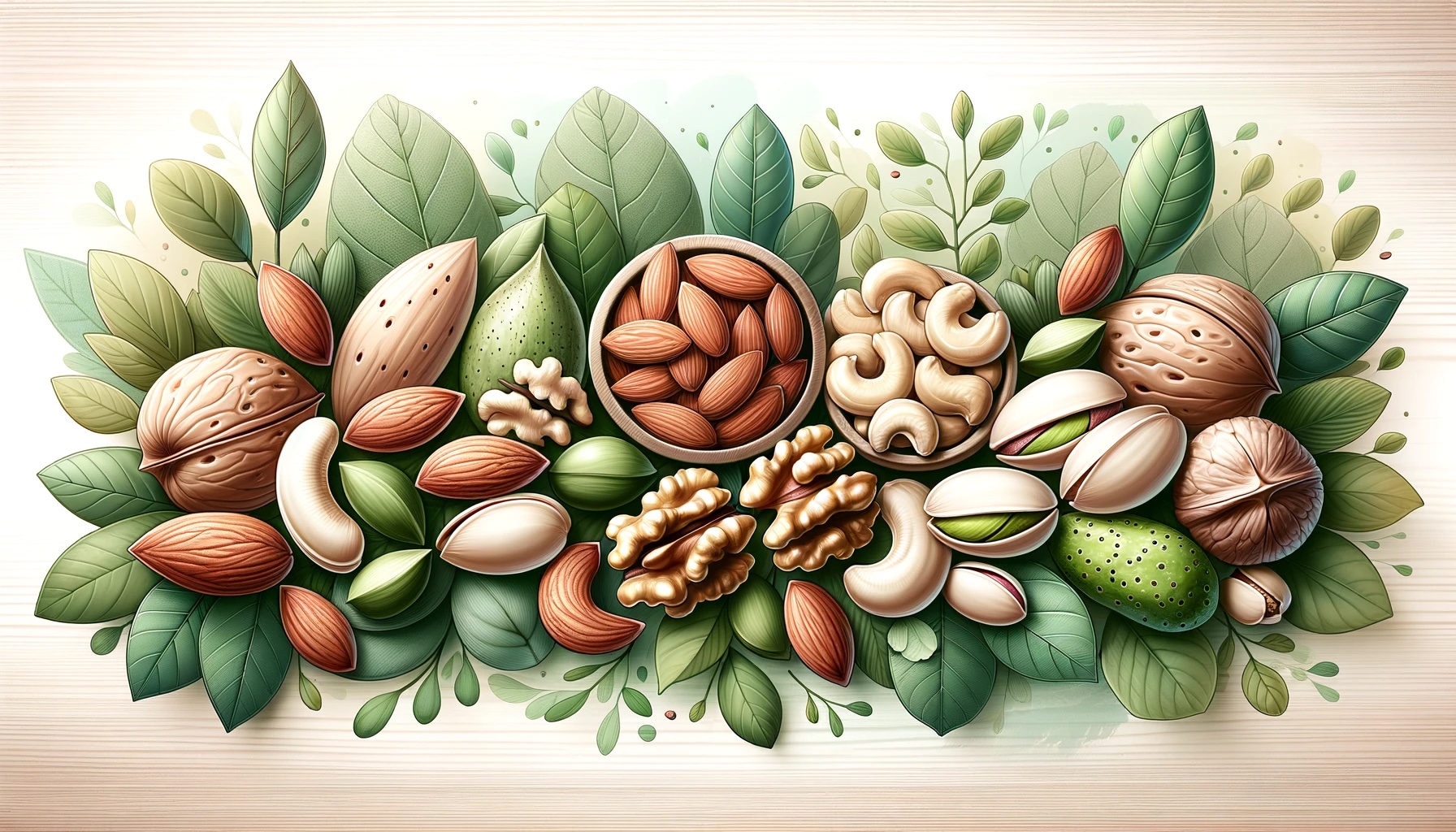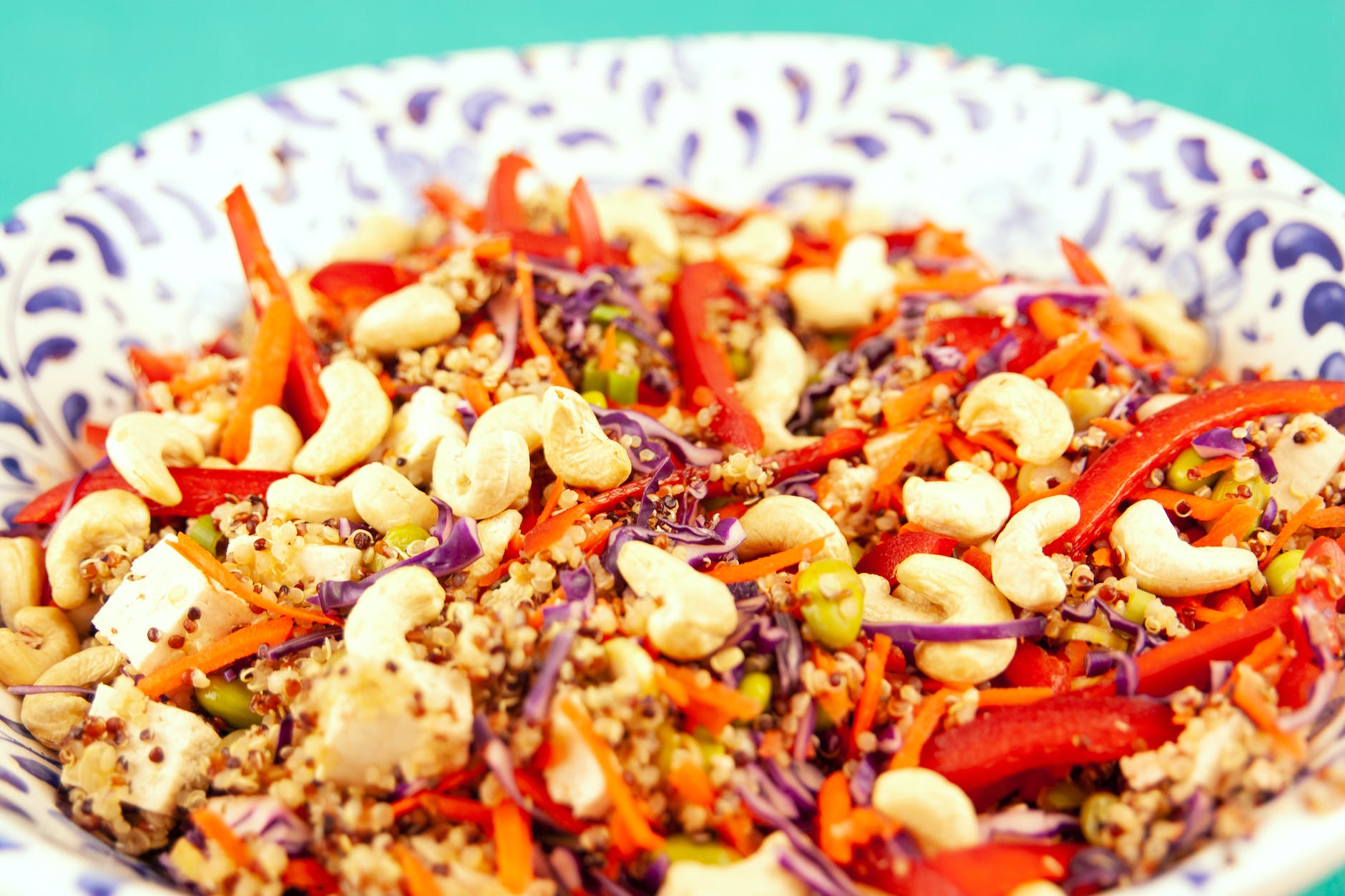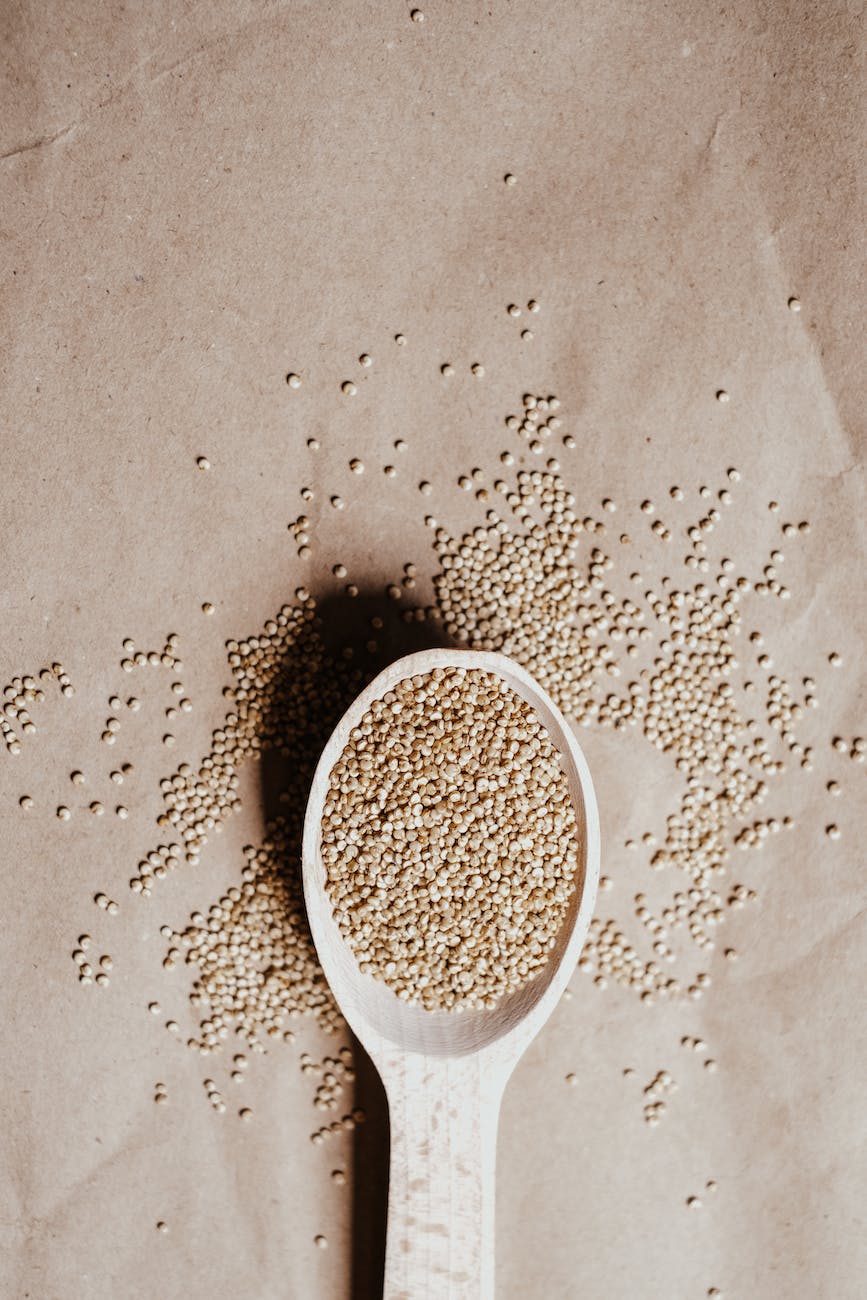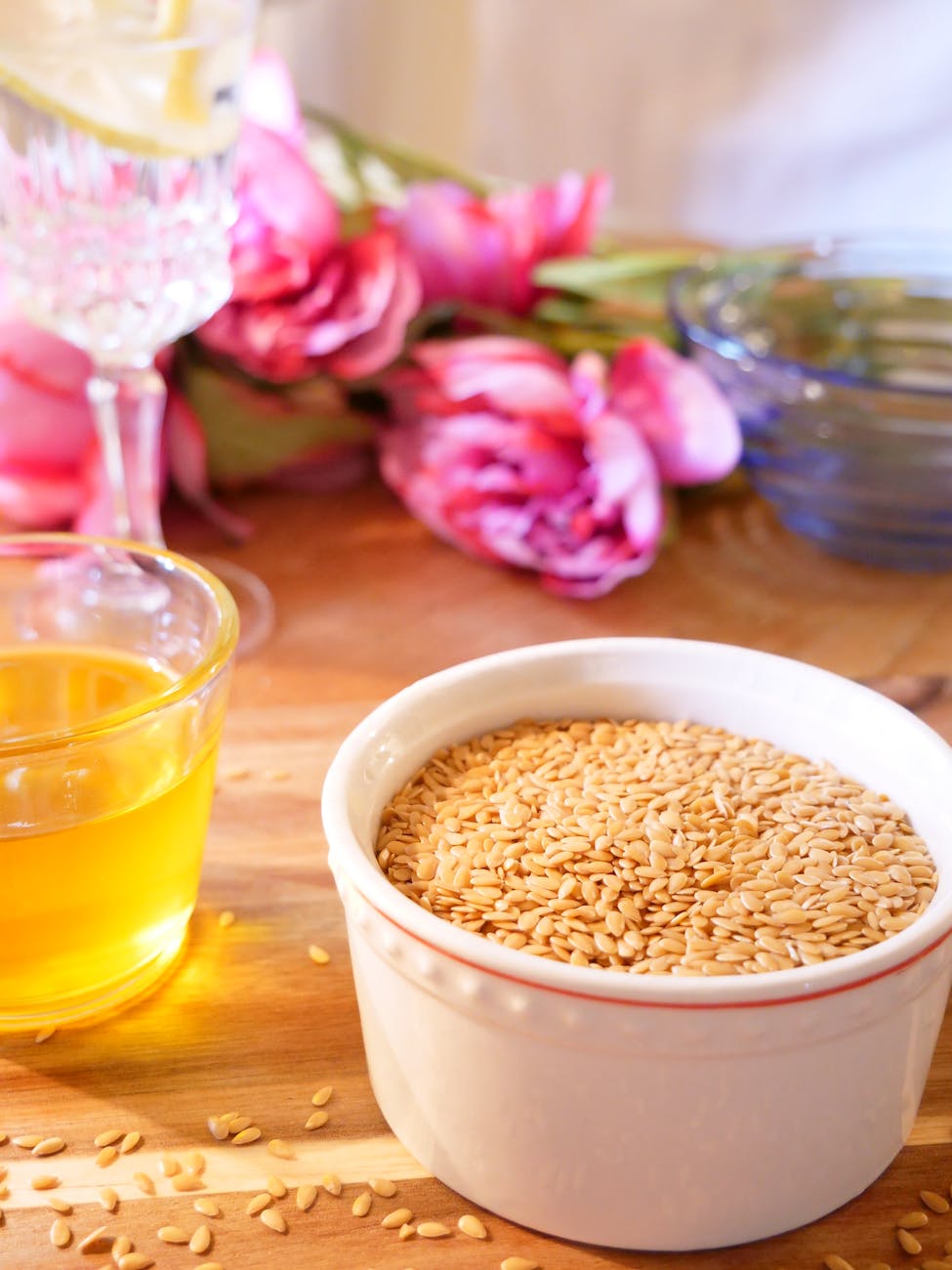
Introduction
Eczema, a persistent skin condition, is intricately linked to various lifestyle and dietary factors. Among these, nuts hold a peculiar position, being both beneficial and potentially aggravating to the condition. This exploration aims to unveil the multifaceted relationship between different types of nuts and eczema, providing a nuanced perspective that can guide individuals in making informed dietary choices.
Almonds: A Friend or Foe?
Almonds are celebrated for their robust nutritional profile, enriched with vitamins, minerals, and antioxidants that are fundamental for skin health. Particularly, the presence of Vitamin E in almonds stands out as a crucial antioxidant that nurtures the skin, potentially aiding in managing eczema symptoms.
- Almond Milk Consideration: Almond milk emerges as a gentle and nourishing alternative to traditional dairy. Its role in eczema management is further elucidated in Milk and Eczema, where the exploration of various milk alternatives unveils insights into their impact on skin health.
- Observing Individual Responses: Despite their benefits, almonds can also be allergenic to some individuals. It necessitates a mindful approach where the consumption of almonds is aligned with individual tolerances and responses.
Cashews: Caution in Consumption
Cashews, with their creamy texture and rich flavor, are a delightful inclusion in various culinary creations. However, when it comes to eczema, they carry certain considerations that demand attention.
- Allergenic Potential: Cashews are known to be potent allergens. Their consumption can sometimes trigger allergic reactions, which may exacerbate eczema symptoms, necessitating a cautious approach.
- Nutritional Evaluation: Beyond their allergenic potential, cashews also bring along essential nutrients like magnesium and zinc, which can influence skin health. Balancing these aspects requires a nuanced understanding of one’s own body and its responses.
Walnuts: The Omega-3 Powerhouse
Walnuts are distinguished by their significant omega-3 fatty acid content, a crucial element known for its anti-inflammatory properties. These fatty acids play a vital role in modulating the inflammatory responses associated with eczema, offering potential benefits in its management.
- Incorporating Walnuts: Including walnuts in the diet can be a strategic decision, leveraging their omega-3 content to combat inflammation and support skin health.
- Diversity in Nut Consumption: Walnuts, along with a variety of other nuts, can contribute to a diverse diet, potentially supporting a holistic approach to managing eczema.
Pistachios and Eczema: A Colorful Caution
Pistachios, vibrant and rich in flavor, also come with a caveat when it comes to eczema. Their potential as allergens necessitates a mindful approach, ensuring that their inclusion aligns with individual tolerances.
- Allergenic Potential: For some, pistachios might trigger allergic reactions, necessitating their cautious consumption or avoidance in the diet of those managing eczema.
Hazelnuts: A Nutrient-Rich Delight
Hazelnuts are not just delicious; they are also packed with nutrients beneficial for skin health. Rich in antioxidants and Vitamin E, hazelnuts can be a delightful addition to an eczema-friendly diet.
- Skin-Boosting Nutrients: The vitamins and minerals in hazelnuts can contribute positively to skin health, potentially aiding in managing eczema symptoms.
Macadamia Nuts: Luxurious and Beneficial
Macadamia nuts, known for their rich and buttery texture, bring along essential fatty acids and antioxidants, making them a luxurious yet beneficial choice for those dealing with eczema.
- Beneficial Fats: The presence of beneficial fats in macadamia nuts can support skin health, offering a nourishing option for those managing eczema.
Navigating the World of Nuts: Personalization is Key
The journey through the world of nuts involves personal exploration and adaptation. Recognizing the nuts that resonate with one’s body and eczema condition is essential, allowing for a dietary approach that supports eczema management.
- Inclusion and Exclusion: Crafting a diet that includes beneficial nuts while excluding those that may trigger adverse reactions is a crucial aspect of managing eczema effectively.
Conclusion: Crafting a Nut-Inclusive Strategy for Eczema Management
In conclusion, nuts, with their diverse profiles and impacts, hold a significant place in the dietary management of eczema. Their thoughtful inclusion, guided by individual responses and tolerances, can be a powerful strategy in navigating the challenges of eczema.
Further Reading
For a more comprehensive understanding and deeper exploration into the world of eczema and its various facets, including dietary influences, the following resources are highly recommended:
- Ear Eczema and Dermatitis: Unveiling the Mystery: Dive into an in-depth exploration of ear eczema and dermatitis, uncovering the underlying mysteries and effective coping strategies.
- Foods to Embrace and Avoid for Eczema Relief: A detailed guide that navigates through various foods, helping to identify those that soothe and those that may aggravate eczema symptoms.
- Oatmeal Baths: Remedy for Eczema and Dermatitis: Discover the therapeutic potential of oatmeal baths in providing relief and comfort in managing eczema and dermatitis.
- Eczema and Dermatitis: Causes and Coping Mechanisms: A comprehensive exploration into the causes of eczema and dermatitis, along with practical coping mechanisms to manage the conditions effectively.
- Exploring Eucrisa: An Eczema Solution: An insightful look into Eucrisa as a potential solution for managing eczema, exploring its efficacy and application.
These resources offer a wealth of information and practical insights that can be instrumental in enhancing your strategies and approaches to managing eczema more effectively.
FAQs
- What kinds of nuts are generally well-tolerated by people with eczema? Different individuals may react uniquely to various nuts, but almonds and walnuts, due to their anti-inflammatory properties, are often considered more suitable for people managing eczema.
- How can almonds be incorporated into the diet for managing eczema? Almonds can be consumed directly, or almond-based products like almond milk can be used as alternatives to dairy products, which are sometimes found to aggravate eczema symptoms.
- Are there any nuts that are commonly known to trigger eczema flare-ups? Nuts like cashews and pistachios are sometimes known to trigger allergic reactions, which could potentially lead to eczema flare-ups, but individual responses may vary.
- How do walnuts contribute to managing eczema symptoms? Walnuts are rich in omega-3 fatty acids, which have anti-inflammatory properties, potentially helping in reducing the inflammation associated with eczema.
- Can nuts be included in an eczema-friendly skincare routine? Certain nuts, like almonds, offer oils that can be used in skincare routines, providing moisture and nourishment that could be beneficial for dry and eczematous skin.
- What considerations should be made while choosing nuts for a diet aimed at managing eczema? Consider the individual’s specific allergic reactions, the nutritional value of the nuts, and their potential to either soothe or aggravate eczema symptoms when choosing nuts for dietary inclusion.
- How do hazelnuts impact skin health in the context of eczema? Hazelnuts, rich in antioxidants and Vitamin E, can contribute positively to skin health, potentially supporting the skin’s resilience against eczema.
- Are there any specific preparation methods for nuts to make them more suitable for those with eczema? Opting for raw or lightly roasted nuts without added salts or flavors might be a more suitable option for those looking to manage eczema through diet.
- How can one determine which nuts to avoid when managing eczema? Keeping a food diary, noting any flare-ups or reactions post-consumption can be a practical approach to identifying which nuts might not be suitable for an individual’s eczema management.
- Is it essential to consult a healthcare professional before making dietary changes involving nuts for managing eczema? Consulting a healthcare professional or a nutritionist is advisable to ensure that the dietary choices made are aligned with the individual’s health needs and eczema management strategy.
Blog Tags eczema, nuts, diet, skin health, almonds, walnuts, cashews, pistachios, hazelnuts, macadamia nuts, dietary management, eczema triggers, anti-inflammatory foods













